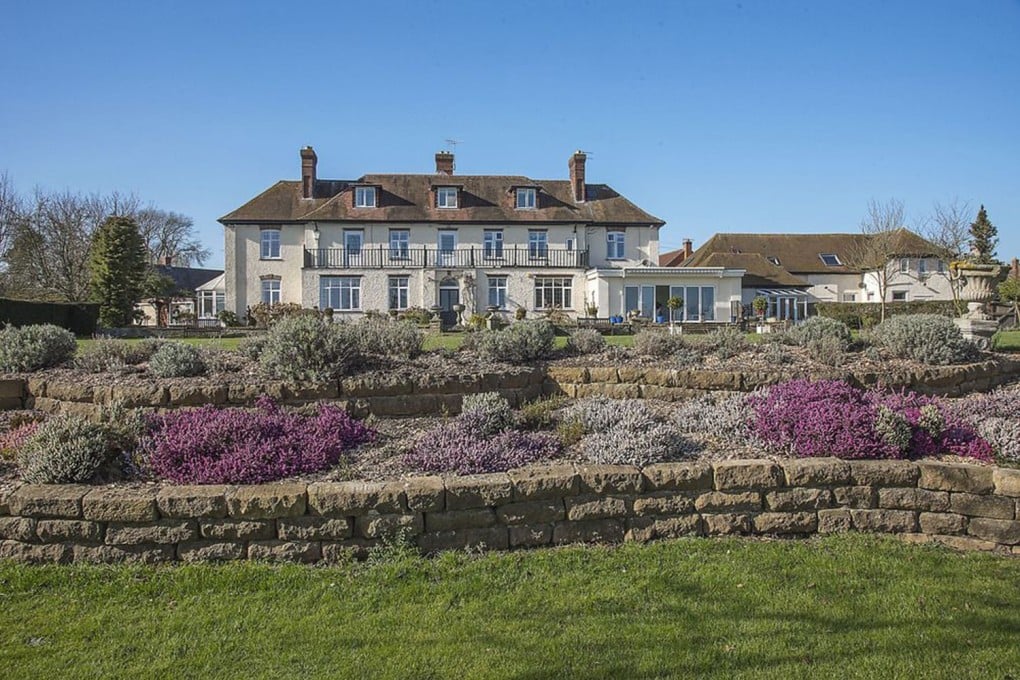Eight ways hidden costs affect a guest house’s bottom line – and the prices they charge you
- Guests often overlook the day-to-day expenses involved in hospitality, from cleaners and maintenance to laundry and licences
- Accommodation booking sites, seen as a necessity, also siphon profit away from proprietors

A few years ago, a woman complained on TripAdvisor after she was charged £2 for a cup of hot water and a slice of lemon at a cafe in York, England. The manager’s response, which detailed the costs involved in running a business, from staff wages to bank charges, promptly went viral.
This got me thinking about overheads in a hotel industry facing competition from hosting sites such as Airbnb, low-season lulls and scathing but sometimes inaccurate online reviews (at present, there are no websites that enable hoteliers to rate their guests’ behaviour).
When booking holiday accommodation, many of us scour the internet for discounts and special offers. None of us, perhaps, give a moment’s thought to a hotel’s break-even price, although we’re quick to complain if the decor hasn’t been updated since the 1980s. More often than not, the two are linked.
I’m a frequent visitor to the Grange, a guest house in the English Midlands. On a recent stay, I sat down with the manager and, over a gin and tonic, she ran through the day-to-day costs of keeping the business on an even keel. By the time she’d finished, I couldn’t see how the place made a profit.
The 100-year-old country house has extensive grounds, rooms with kitchenettes and (free) breakfast items are provided in-room. It goes without saying that the running costs for a luxury hotel in Tsim Sha Tsui, a youth hostel in Switzerland and a motel on Route 66 will differ significantly.
Accommodation booking sites
With the exception of prestige properties able to sell their rooms on reputation alone, most hotels and guest houses wouldn’t survive without an online presence, especially when every other hostelry in town is on the Booking.com platform, or relies on Expedia or Ctrip to generate business.